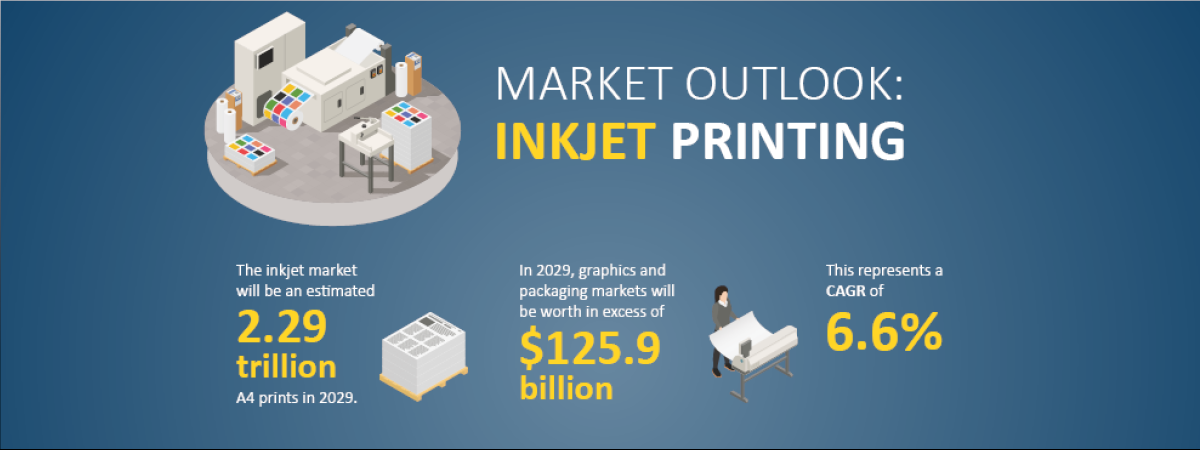17 May 2012
Indirect discrimination related to retirement is unlawful age discrimination
The second age discrimination case of the month, Homer v West Yorkshire Police, concerned a senior police officer who became a legal adviser at the Police National Legal Database after retiring from the police aged 51. At the time he joined, there was no requirement for advisers to have a law degree, but the PNLD later introduced a new grading structure, which required a degree for promotion to the top grade, with the intention of improving recruitment and retention. At this point, at the age of 62, Mr Homer was allocated to the second highest grade. He made a complaint of indirect discrimination because he would be unable to complete a law degree before his planned retirement age of 65, and so could not get promotion. He failed in both the EAT and in the Court of Appeal, because it was considered that the reason for the discrimination was not his age, but his impending retirement.
The Supreme Court rejected this approach: it did not make sense to compare those approaching retirement with those leaving for other reasons, over which they had a choice, with those faced with a compulsory retirement age, nor was it realistic to treat retirement as unrelated to age. It also emphasised that indirect discrimination can be established in age cases by showing a difference in treatment between age groups; it is then open to an employer to show that the indirect discrimination is justified. Whereas in direct discrimination cases, justification must include a public interest element in the employer's aims, this is not the case in respect to indirect discrimination, where the employer may defend an indirectly discriminatory provision, requirement or practice on the basis of the needs of the particular organisation.
In this case, the imposition of a requirement for a law degree was in pursuit of a legitimate aim - to improve retention and recruitment - and the case was returned to the tribunal to decide whether the requirement was proportionate, i.e. reasonably necessary, in the light of whether there were non-discriminatory alternatives the employer could have pursued. Making an exception by recognising Mr Homer's long experience as equivalent to a law degree might have been a practical solution, but would not resolve the issue of discrimination. Nevertheless, Lady Hale did wonder whether preserving existing status and seniority may have been a less discriminatory means - however, as we have seen in the context of equal pay, the preservation of the status quo can also perpetuate discriminatory practice.
 Intergraf Economic News (Paper Prices) - March 2024
Intergraf Economic News (Paper Prices) - March 2024
18 March 2024
Access the latest edition of the Economic Newsletter for the European Printing Industry for data on paper consumption, and pricing data for pulp, paper and recovered paper. Data for packaging papers and board is also available with this edition.
 UK to follow global expansion of inkjet printing
UK to follow global expansion of inkjet printing
21 March 2024
The latest expert analysis from Smithers identifies the potential of the latest generation of inkjet systems to improve profitability across the global print market. Read more about the new report The Future of Inkjet Printing to 2029.
The BPIF is the printing industries champion. By becoming a member you join a diverse and influential community. We help you solve business problems, connect you to new customers and suppliers and make your voice heard in government.
Call 01676 526030









